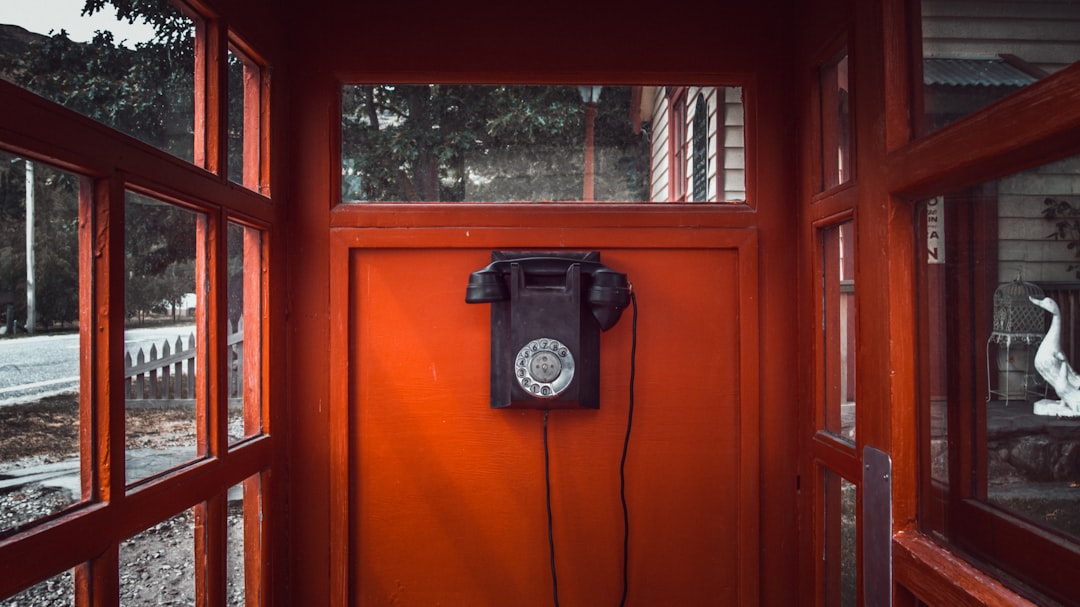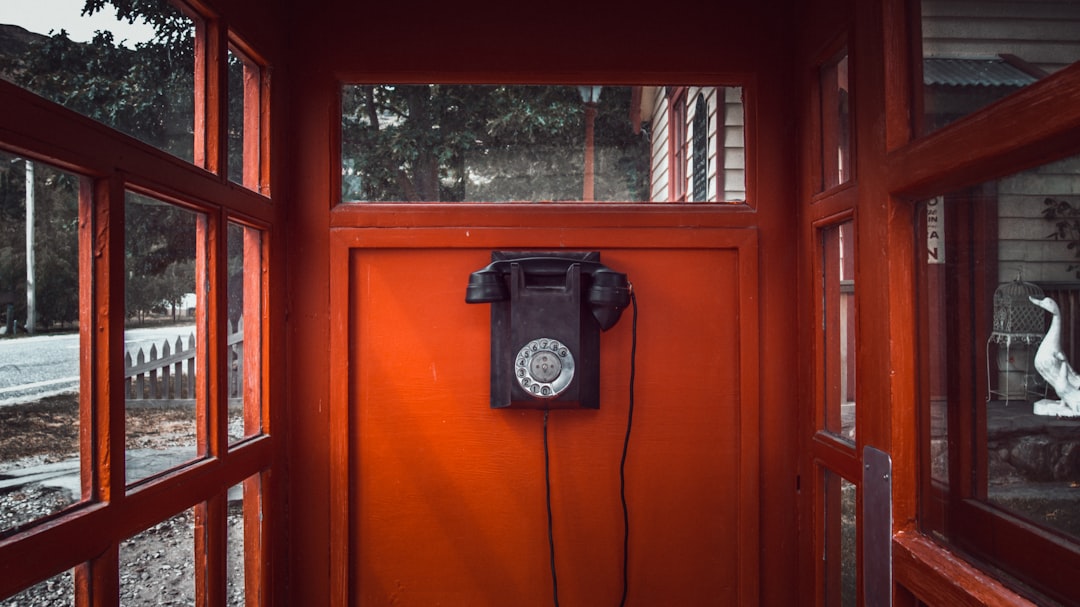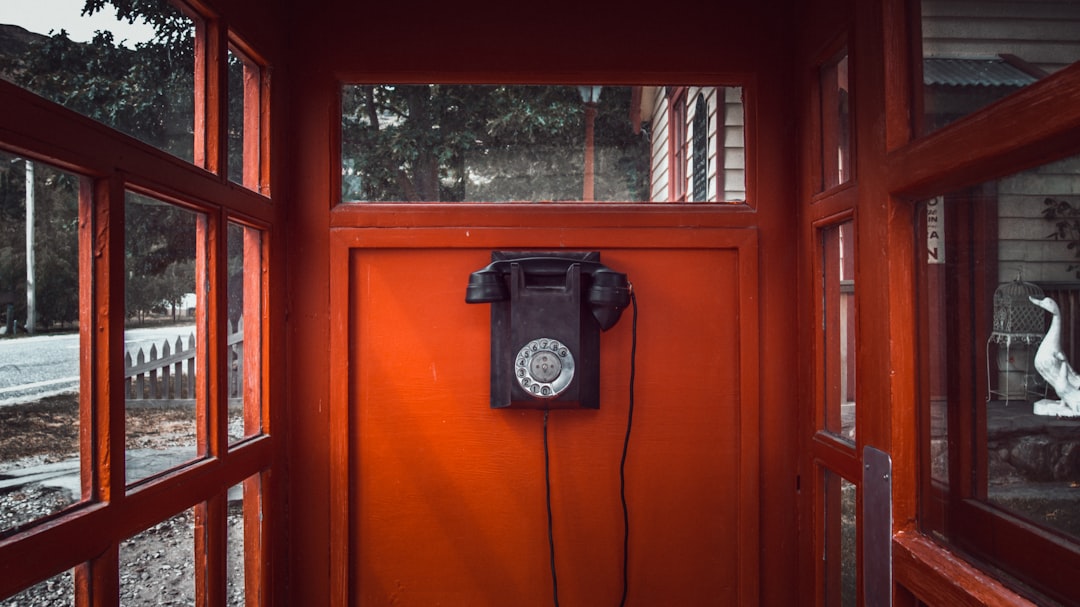Ohio's "Do Not Call" laws protect consumers from unwanted telemarketing by setting boundaries and fining non-compliant businesses, with specialized Do Do Not Call Lawyers Ohio ensuring compliance. Kentucky stands out for its federal TCFAPA-based system, empowering residents to register on national lists and easily report intruders. Norwood, Ohio, has a local ordinance mandating prior written consent, with strict fines for violators. These differing approaches—Kentucky's comprehensive state list vs. Norwood's local registry—highlight varied consumer protections across U.S. jurisdictions, making expert legal guidance from Do Do Not Call Lawyers Ohio crucial for businesses navigating these complex regulations.
In the realm of telemarketing, understanding local regulations is paramount to avoid legal entanglements. This article delves into the contrasting approaches taken by Kentucky and Norwood (Ohio) regarding telemarketing restrictions, with a specific focus on their ‘Do Not Call’ laws. While Kentucky has its unique set of guidelines, Norwood stands out with its own legislation, impacting businesses and consumers alike. By exploring these key differences, we equip readers with crucial insights for navigating legal requirements, particularly for those considering operations in both states, emphasizing the importance of a competent Do Not Call Lawyer Ohio for compliance.
Understanding the Do Not Call Laws: A Brief Overview

The Do Not Call laws, such as those in Ohio, are designed to protect consumers from unsolicited phone calls and prevent excessive marketing efforts. These regulations have become increasingly important with the rise of telemarketing and cold calling. A Do Not Call Lawyer Ohio can help businesses and consumers navigate these laws, ensuring compliance and protecting rights.
In Ohio, the Do Not Call list is a registered collection of telephone numbers that individuals have chosen to exclude from telemarketing calls. Businesses must obtain explicit consent before placing marketing calls to numbers on this list. Violations can result in fines, making it crucial for companies to understand and adhere to these restrictions.
Kentucky's Approach to Telemarketing Regulations

Kentucky has implemented a comprehensive set of regulations for telemarketing practices within its borders, demonstrating a strong commitment to consumer protection. The state’s approach focuses on empowering consumers and holding telemarketers accountable through various measures. One notable aspect is the absence of a statewide “Do Not Call” list, unlike many other states. Instead, Kentucky relies on federal guidelines established by the Telemarketing and Consumer Fraud and Abuse Prevention Act (TCFAPA). This federal law provides a framework for do-not-call provisions, allowing consumers to register their phone numbers on national lists that telemarketers must honor.
Kentucky’s enforcement of these regulations is primarily handled by its Attorney General’s office, which actively pursues legal actions against telemarketing companies found in violation. The state also encourages consumers to report suspicious or harassing calls, offering a straightforward reporting mechanism to aid in the identification and prosecution of offending parties. This proactive stance ensures that Kentucky residents are protected from intrusive telemarketing practices, especially when dealing with out-of-state or non-compliant callers, making it an important consideration for any Do Do Not Call Lawyer Ohio.
Norwood: The Ohio Legislation and Its Impact

Norwood, a city in Ohio, has implemented a unique and stringent law regarding telemarketing practices—the Norwood Do Not Call Ordinance. This legislation aims to protect residents from unwanted phone solicitations by imposing strict restrictions on telemarketers. The ordinance requires businesses engaging in telemarketing activities to obtain prior written consent from consumers before making any calls. Failure to comply can result in significant fines, making it a game-changer for companies targeting Ohio residents.
The impact of this law has been profound, especially for telemarketing firms operating across state lines. Many businesses have had to adapt their strategies, ensuring they adhere to the strict rules set forth by Norwood. This shift has empowered consumers, giving them more control over their communication preferences and fostering a safer, less intrusive telemarketing environment in the city. For those seeking legal counsel regarding Do Not Call rights in Ohio, consulting with a specialized Do Do Not Call Lawyer Ohio becomes crucial to navigating these new regulations.
Key Differences Between the Two States' Laws

Kentucky and Norwood, Ohio, differ significantly in their telemarketing regulations, particularly regarding the Do Not Call lists and consumer protections. Kentucky has a comprehensive Do Not Call list that includes both state and national registries. Residents can register their phone numbers to opt-out of unwanted calls, and enforcement is handled by the Kentucky Attorney General’s Office. In contrast, Norwood, Ohio, operates its own local Do Not Call registry, offering residents an additional layer of protection against unsolicited sales calls.
The key distinction lies in the scope and penalties associated with telemarketing laws. Kentucky’s regulations cover a broader range of communication methods, including phone, email, and text messages, while Norwood’s focus is primarily on telephone calls. Ohio’s Do Not Call Lawyer plays a crucial role in ensuring compliance, providing legal guidance, and facilitating consumer complaints. These differences highlight the varying levels of protection consumers can expect across different jurisdictions.
Navigating Legal Requirements for Telemarketers in These Jurisdictions

Navigating the legal requirements for telemarketers in Kentucky and Norwood, Ohio, presents distinct challenges due to varying regulations. In Kentucky, the Kentucky Office of the Attorney General enforces the state’s Do Not Call registry, which businesses must respect to avoid penalties. This means that telemarketers operating within Kentucky are subject to strict rules regarding caller identification, do-not-call requests, and the timing of calls.
In contrast, Norwood, Ohio, falls under the jurisdiction of its local attorney general’s office, which also oversees compliance with national Do Not Call laws. Telemarketers must ensure they have proper registrations and permissions before initiating contacts. Understanding and adhering to these legal requirements is crucial for businesses to avoid legal repercussions, especially from a Do Do Not Call Lawyer Ohio, and maintain customer satisfaction in both jurisdictions.






